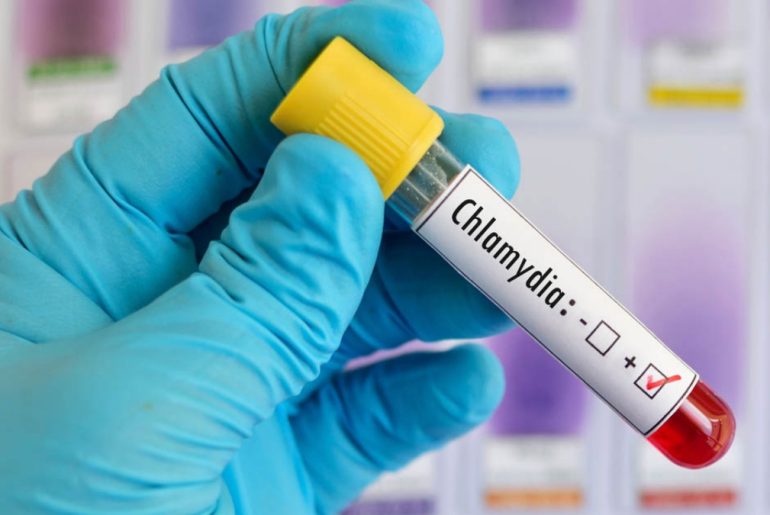Chlamydia is one of the most common sexually transmitted diseases globally, including Hackensack, New Jersey. It is caused by bacteria and can be curable through antibiotics. But if left untreated, it can lead to infertility or even death. If you think you might have chlamydia, find a Hackensack STD testing center. The experts will tell if you are infected and your treatment options.
What is Chlamydia?
Chlamydia is a sexually transmitted disease caused by the bacteria Chlamydia trachomatis. It is the most common sexually transmitted disease globally, and it is widespread among young people ages 15 to 24.
There are three types of chlamydia:
- Chlamydia trachomatis, which causes trachoma and can lead to blindness.
- Chlamydia pneumoniae causes pneumonia and can lead to death.
- Chlamydia psittaci, causes psittacosis and can lead to death.
How Do You Get Chlamydia?
Chlamydia is most commonly spread through vaginal, anal, and oral sex. It can also be spread through contact with infected body fluids, such as semen or vaginal fluid.
What are the Symptoms of Chlamydia?
Most people with the infection do not show any symptoms. If symptoms do occur, they may include:
Vaginal Discharge
If you experience vaginal discharge, it may signify chlamydia. Other symptoms of chlamydia may include pain when urinating, bleeding between periods, and pain in the pelvic region. If you experience any of these symptoms, please see a doctor as soon as possible.
Painful Urination
If you are experiencing pain when urinating, it may be a sign of chlamydia. Other symptoms of chlamydia may include pain when having sex, bleeding between periods, and pain in the pelvic region. If you experience any of these symptoms, please see a doctor as soon as possible.
Pain During Intercourse
Another characteristic symptom is pain during coitus. It tends to be more severe as the infection is left untreated. This is why visiting your doctor soon is essential. They will examine your reproductive system and start the remedy immediately. There is a feeling of pain and even swelling in one or two of the testicles for men.
How is Chlamydia Diagnosed?
Chlamydia can be diagnosed with a simple urine test. Your doctor will also do a physical examination to look for signs of the infection. The urine test is very accurate. However, the physical examination may not detect the disease in all cases.
How is Chlamydia Treated?
Chlamydia can be cured with antibiotics. The antibiotics will depend on the type of chlamydia you have. You will need to take all of the antibiotics prescribed, even if you start feeling better. You should also abstain from sex until your doctor has cleared you.
Prevention is the best way to avoid getting chlamydia. If you are sexually active, be sure to use condoms every time you have sex. You should also get tested for chlamydia every year. It acts as a proactive way of detecting the infection and starting the treatment quickly. It comes with its advantages, such as preventing the spread to others as you’ll be more diligent.
STDs can bring punishing symptoms, especially when left unattended. Chlamydia is no exception for its effects on the body; hence, finding a primary care center fast is a good thing. The experts will put you under the correct treatment, therefore, reversing the symptoms.

